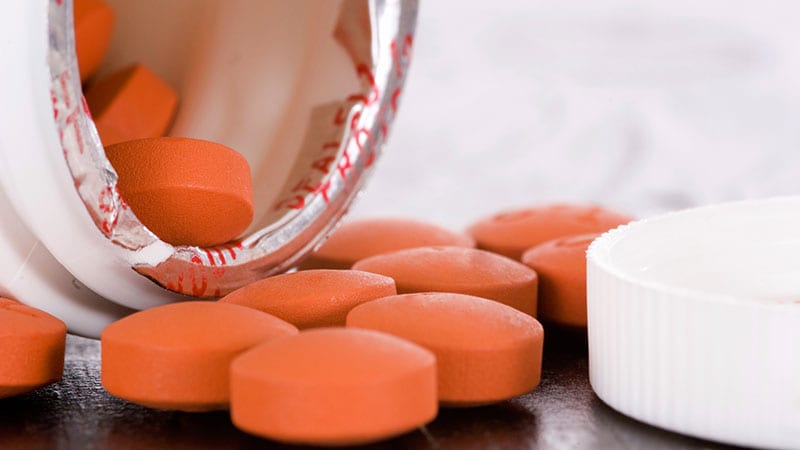KEY FINDINGS:
Subfertility is prevalent among women diagnosed with spondyloarthritis (SpA). Factors, including advanced maternal age and the use of nonsteroidal anti-inflammatory drugs (NSAIDs) prior to conception, are linked to increased time to achieve pregnancy.
RESEARCH METHODOLOGY:
- A prospective observational study was conducted across 63 centers in France, involving 88 women with SpA (average age: 31.6 years; average body mass index: 23.8) who wished to conceive between 2015 and 2021.
- Participants received various treatments, including tumor necrosis factor inhibitors (69.3%), NSAIDs (26.1%), conventional synthetic disease-modifying antirheumatic drugs (13.6%), and glucocorticoids (9.1%) during the preconception phase.
- Maintaining disease activity was monitored, with a mean Bath Ankylosing Spondylitis Disease Activity Index score of 2.9 at the initial visit.
RESULTS:
- During the follow-up period, 63.6% of the women with SpA successfully achieved pregnancy, with a median time to pregnancy reported at 16.1 months, measured from the end of contraception to confirmed pregnancy.
- Approximately 45.4% of participants experienced a time to pregnancy exceeding 12 months or did not conceive over the five-year follow-up period.
- Those women who utilized NSAIDs during the preconception phase had a considerably longer median time to pregnancy of 31.6 months compared to 12.3 months for those who did not use NSAIDs (hazard ratio [HR], 3.01; P = .01).
- Increasing maternal age also significantly correlated with a longer time to pregnancy (HR per year, 1.22; P < .001).
CLINICAL IMPLICATIONS:
The findings emphasize the crucial role of preconception counseling for women interested in pregnancy. It is recommended that women with SpA who face difficulties conceiving should consider decreasing or discontinuing NSAID use.
STUDY LIMITATIONS:
The relatively small sample size restricted the ability to conduct detailed subgroup analyses for varying SpA phenotypes. Missing data, particularly regarding disease activity, may have limited the robustness of the findings. Additionally, detailed information on the frequency and dosage of NSAID use by participants was not available.
FUNDING AND DISCLOSURES:
This study received financial support from various organizations, including the French Society of Rheumatology, the French National Society of Internal Medicine, and others, along with an unrestricted grant from UCB. The authors did not report any conflicts of interest.
This article was developed utilizing various editorial tools, including AI, with subsequent review by human editors before publication.


